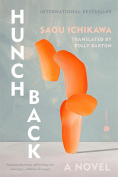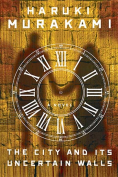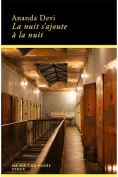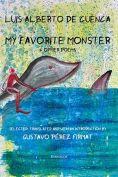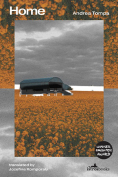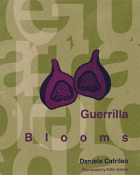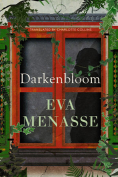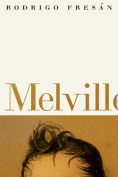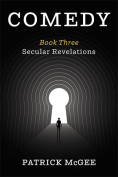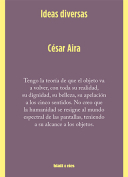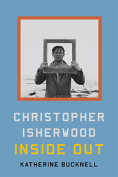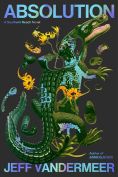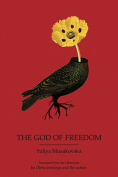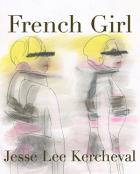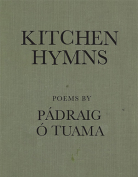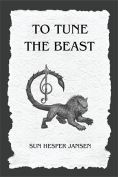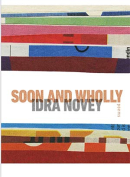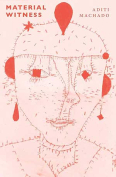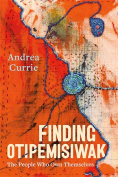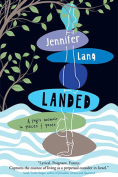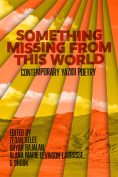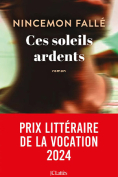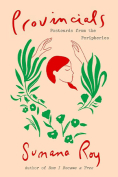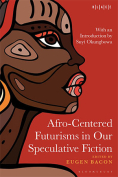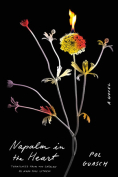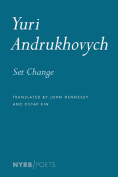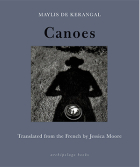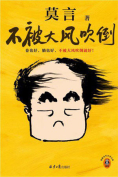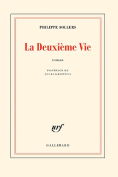Napalm in the Heart by Pol Guasch
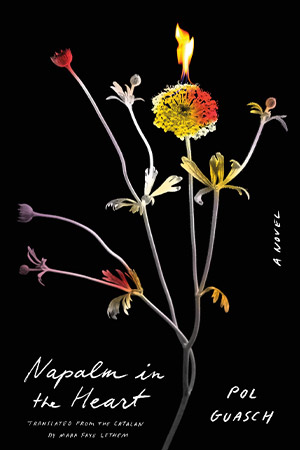
New York. Farrar, Straus and Giroux. 2024. 256 pages.
Napalm in the Heart is an imaginative novel that provides a sketch of dystopia through letters, photographs, tally marks, and other assorted writings. The exact state of the world is ambiguous, although the narrator provides cryptic hints regarding the fall of society, the erasure of certain cultures and languages, and people kept in check by tanks and border guards. Within this setting, Pol Guasch (b. 1997, Tarragona) explores what love can be and what roles it can fulfill in a postmodern society. The narrator reflects on his experience growing up queer—describing the disappointment of his parents and the ridicule of his peers—and shows how he lives his life with both love for and obligation to his mother and his partner, Boris. His love and ideals are stretched to the brink as he and Boris try to not only survive but make something of their lives.
The book also carries a distinctly nonlinear chronology: the consequences of an event are often written about before the event itself, there are frequent paragraph-long time skips to the past, and the days that the narrator tallies pass at various rates. For the reader, this approach provides an interesting glimpse into the way the narrator thinks and how the past and present combine in his mind. This fragmentation of time is also referenced in the text as the relationships between images, languages, and time are described in great detail. The narrator contrasts the finality and discreteness of photographs with the continuity of real life, showing how both languages and people can slip away if not purposefully preserved.
While I cannot comment on the original Catalan, Mara Faye Lethem’s translation of the novel is a delight to read. The pacing of chapters is quick, and there is lots of variety in the medium of writing. Moreover, the chapters are sprinkled with poetic musings on the natural order of the world, farming and trapping, the qualities of light, and other intimate observations.
Pol Guasch’s debut novel is lyrical, carnal, and, at times, delicate. It is reminiscent of the moods and worlds of Cormac McCarthy, the nature-based interludes of Olga Tokarczuk, and the variety of forms and ambiguous societies of Ursula K. Le Guin. Guasch is definitely an author to look out for in the future.
James Fawcett
University of Oklahoma
